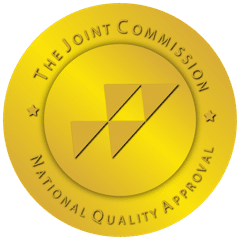Intensive Outpatient Program
IOP Rehab in Orange County
IOP with Lift Off is open-ended, which means that clients may choose what works for them. If residential treatment and continuing care were thought of as stepping stones across a deep pond, then the substance abuse treatment, like our intensive outpatient program (IOP treatment center) in Orange County would represent the final step towards solid ground.
IOP
Unlike Lift Off’s other aftercare programs, an intensive outpatient treatment program in Orange County does not occur along a continuum, but is rather employed in an unorthodox way, which we have found from experience – and supported by the most current research – suggests that at this phase of an addict’s treatment and recovery, a unique approach works best.
At Lift Off, an IOP program is fluid. The emphasis is not on administering standardized modalities of treatment or prescribing from a set of psychological assumptions. Instead, it’s one that employs whatever modality is most useful to the individual and the group at any given moment.


Our IOP Substance Abuse Treatment Center in Orange County Includes:
People who have become addicted to fentanyl can recover from the addition. They can heal their bodies, transform their minds, and create newly meaningful lives.
The first stage of addiction recovery—which is the most physically challenging—is detox. Because this process is difficult, it’s best to undergo it with the support of medical professionals in an inpatient detox program.
Trying to stop “cold turkey,” can trigger severe symptoms of opioid withdrawal syndrome. However, medical detox supports a gradual tapered removal of the drug from the client’s body. This method is a safer and more comfortable way to detox.
At our Orange County residential substance abuse treatment center, trained medical professionals can monitor the detox process and help to alleviate withdrawal symptoms. So, it’s important for someone recovering from a fentanyl addiction to undergo a medically supervised detox.
Fentanyl Withdrawal Symptoms
When fentanyl use is stopped suddenly or reduced significantly, withdrawal symptoms can develop that are similar to other opioid withdrawal symptoms.
People who have become addicted to fentanyl can recover from the addition. They can heal their bodies, transform their minds, and create newly meaningful lives.
The first stage of addiction recovery—which is the most physically challenging—is detox. Because this process is difficult, it’s best to undergo it with the support of medical professionals in an inpatient detox program.
Trying to stop “cold turkey,” can trigger severe symptoms of opioid withdrawal syndrome. However, medical detox supports a gradual tapered removal of the drug from the client’s body. This method is a safer and more comfortable way to detox.
In an inpatient residential rehab facility, trained medical professionals can monitor the detox process and help to alleviate withdrawal symptoms. So, it’s important for someone recovering from a fentanyl addiction to undergo a medically supervised detox.
Fentanyl Withdrawal Symptoms
When fentanyl use is stopped suddenly or reduced significantly, withdrawal symptoms can develop that are similar to other opioid withdrawal symptoms.

Specialized group sessions, with topics including but not limited to dual diagnosis, trauma, grief and loss, life skills, body image, codependency, mindfulness and meditation, and stress management

Three group therapy sessions per day, held Monday through Friday

Pre-admission evaluation, assessment, and customized treatment planning

Individual case management sessions

Random drug and alcohol testing

Individual therapy sessions

Introduction to 12-step programs and meetings

Family therapy program and weekly support groups

Career and education counseling
Whenever necessary, clients may enroll for additional time and still work on continuing to move their recovery process forward. As each person begins the process of integration into a self-supporting daily routine the Lift Off IOP treatment center still helps clients. Personal challenges receive clinical support and the staff shares personal recovery experiences. Clients can truly begin to become independent as local resources are readily available. Our location is near educational resources, vocational schools, and other supportive services. We are also close to bus lines and grocery stores.
Intensive Outpatient Program
Lift Off’s outpatient treatment provides an exclusive array of addiction treatment services that have been created to meet the needs of a very specific niche population, within the greater Lift Off population of addict’s we treat. The primary treatment objectives during IOP address the transitional needs of clients suffering from alcoholism, drug addiction or substance abuse. During an intensive outpatient program, we provide safe reintegration into mainstream society. The treatment curriculum during intensive outpatient provides a safe place to continue work on co-occurring conditions and underlying issues. Alumni also receive a host of applicable life skills. Wherever possible, treatment coordinates in clinical continuity with referring professionals.
Clinical Benefits of An IOP Treatment Center
During IOP the clinical team supports clients in processing feelings and emotions that surround the transition from alcohol and drug rehab. IOP or intensive outpatient at our Orange County substance abuse treatment center also helps to implement a supportive network of services for solving the triggers of an independent daily living routine. This tactic allows the therapists and staff to engage clients wherever they are on the recovery spectrum. No standard approach is as effective at reaching addicts in their 3rd, 4th, or 5th months of recovery, as protocols that flow organically from the individual and the group. This is an observation which also applies to alumni with accrued years of sobriety under their belts.
People who have become addicted to fentanyl can recover from the addition. They can heal their bodies, transform their minds, and create newly meaningful lives.
The first stage of addiction recovery—which is the most physically challenging—is detox. Because this process is difficult, it’s best to undergo it with the support of medical professionals in an inpatient detox program.
Trying to stop “cold turkey,” can trigger severe symptoms of opioid withdrawal syndrome. However, medical detox supports a gradual tapered removal of the drug from the client’s body. This method is a safer and more comfortable way to detox.
In an inpatient residential rehab facility, trained medical professionals can monitor the detox process and help to alleviate withdrawal symptoms. So, it’s important for someone recovering from a fentanyl addiction to undergo a medically supervised detox.
Fentanyl Withdrawal Symptoms
When fentanyl use is stopped suddenly or reduced significantly, withdrawal symptoms can develop that are similar to other opioid withdrawal symptoms.
An IOP Treatment Center is All About Transitions
The extended care program provides transitional support for a variety of individual circumstances as well as for a variety of different levels of commitment to the recovery process. As a component of enrollment in an intensive outpatient program, the clinical team assesses each client to determine what risk factors play a role in their maintaining sustained recovery success. Once these risk factors have been identified a personalized treatment plan is developed to assist each client in furthering their commitment to recovery.
Additionally, individual life-goals based on personal passions and interests outline a plan of action for achieving these goals. Vocational and educational placement is a component of the Lift Off’s extended care program. Our location and relationships with local colleges and sober employers ease the difficulty of enrollment and/or hiring. They also help instill a sense of purpose on the pathway to recovery. From this phase of treatment, a foundation into self-supporting recovery is actualized.



